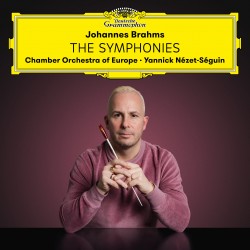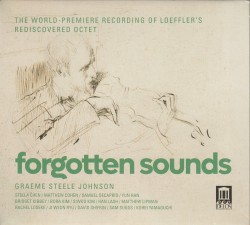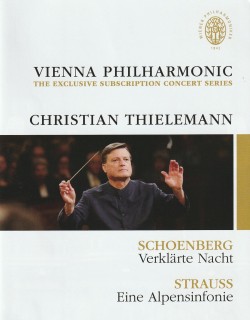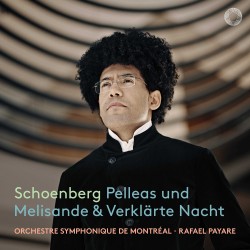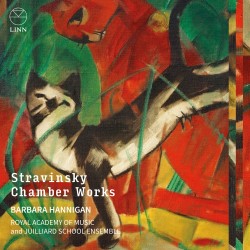Beethoven: Piano Concerto No.1 in C Major; Sally Beamish: City Stanzas - Jonathan Biss; Swedish Radio Symphony Orchestra; Omer Meir Wellber
 Beethoven – Piano Concerto No.1 in C Major; Sally Beamish – City Stanzas
Beethoven – Piano Concerto No.1 in C Major; Sally Beamish – City Stanzas
Jonathan Biss; Swedish Radio Symphony Orchestra; Omer Meir Wellber
Orchid Classics ORC1003339 (orchidclassics.com/releases/orc100339-beethoven-5-vol-2)
This is the second volume of a series of the five Beethoven concertos from pianist Jonathan Biss, each pairing a newly commissioned piano concerto with the Beethoven work that inspired it. Here, Beethoven’s Concerto No.1 in C Major Op.15 is paired with City Stanzas by British composer Sally Beamish. The opening tutti of the Beethoven is immediately warm and elegant, with the Swedish Radio Symphony Orchestra directed by Omer Meir Wellber in fine form. Biss’ entrance is sensitively shaped and coloured, with the piano balanced slightly forward. The central development section is darkly atmospheric, piano and orchestra creating a stilled and mysterious hush which still manages to keep a sense of forward momentum. Biss plays the longest of the three cadenzas Beethoven wrote, but it does not outstay its welcome despite its oversized dimensions; Biss is by turns dramatic, playful, and improvisatory, with an acute awareness of the unexpected harmonic shifts. The Adagio second movement is deeply serene, and the finale playfully energetic, with Biss and Wellber making the most of the music’s many contrasts. Throughout, Biss is especially impressive in the sparkling clarity of his passagework. In short, this is a performance both sophisticated and exciting that fully delivers on the ambition and expressive depth of the young Beethoven.
The companion work by Beamish is engaging and accessible, well-suited to Biss’ transparent textures and awareness of sudden character changes. While all the work is derived from some aspect of the Beethoven concerto – pitches, rhythms, and structure – the mood is dark and sardonic, inspired by urban decay, greed and anxiety for the future. The toccata-like opening movement is spiky and pointillistic, the second builds to a climax of deep anxiety, and the work concludes with a rhythmically dynamic rondo. As in the Beethoven, the performance is first-class, the recording detailed and realistic.



